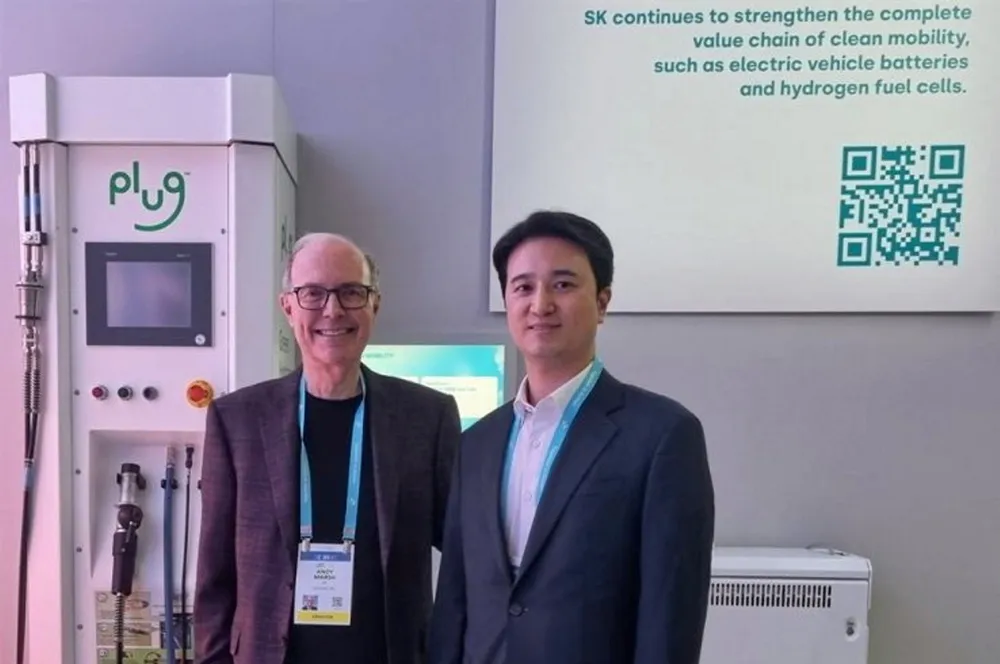Plug Power to invest $365m in Korean gigafactory as part of previously announced joint venture
Electrolysers and fuel cells will be mass-produced at an undisclosed location as part of the $745m venture, SK Plug Hyverse

Electrolysers and fuel cells will be mass-produced at an undisclosed location as part of the $745m venture, SK Plug Hyverse
